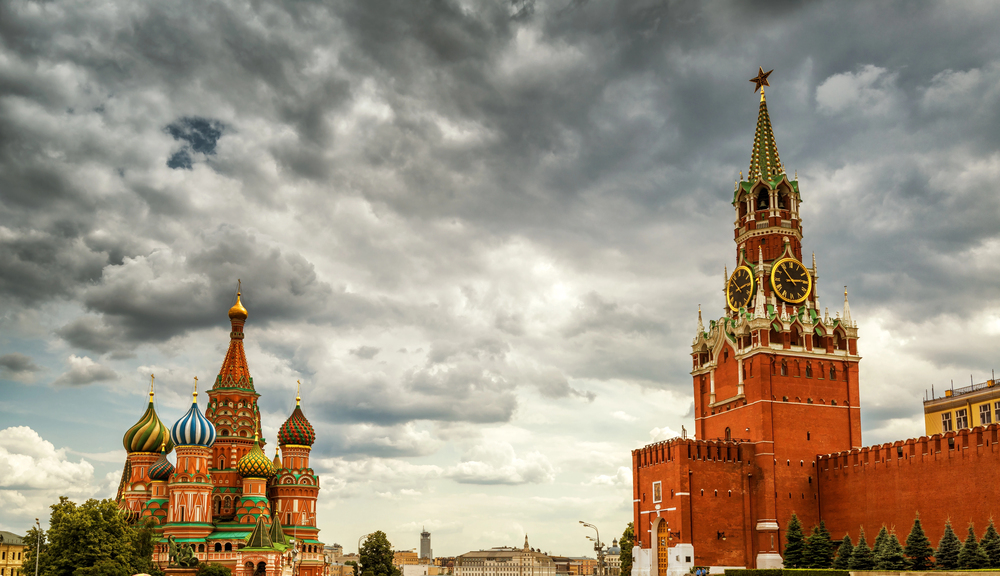Russia could play a key role in an agreement regarding Iran’s future nuclear program with the US, with Moscow being touted not only as a potential location for Iran’s stockpiles of highly enriched uranium but also as a potential arbiter in case of any violations, The Guardian reports.
Trump, who withdrew from the 2015 nuclear agreement between Tehran and world powers in 2018 during his first term, threatened to attack Iran if it did not quickly reach a new deal that would prevent it from developing nuclear weapons.
According to US officials, four hours of indirect talks between the US and Iran, mediated by Oman, made significant progress. Further technical negotiations are scheduled for 26 April in Geneva, followed by another high-level diplomatic meeting next weekend in Oman.
Witkoff, who was central to the negotiations in Rome, wants an agreement to be reached within 60 days but is likely to face opposition from Iran’s foreign minister, Abbas Araghchi, who believes that the level of distrust and the technical nature of the talks make such a quick deal unlikely.
The two most pressing issues are the storage or destruction of Iran’s highly enriched uranium stockpiles and external guarantees that might be offered to Iran if the US breaks the deal regarding the removal of economic sanctions in exchange for Iran returning its civilian nuclear program under UN inspector oversight by the IAEA.
Iran wants to keep its uranium stocks within the country, but the US rejects this, seeking either their destruction or transfer to a third country, such as Russia.
Regarding guarantees, Iran believes the only secure deal would be one signed by the US Congress. Still, Iran’s foreign minister, Abbas Araghchi, has said it is only speculative whether Trump can secure such an agreement through Congress, given the strength of pro-Israel sentiment there.
Another option is for the US to agree to cover Tehran’s losses if Washington exits the deal. The Iranians have previously raised the idea of a financial penalty, but the enforcement mechanism in the absence of a deal remains problematic. A third option, if the US breaches the rules, would be for Russia to have the authority to return the highly enriched uranium stockpiles to Tehran to ensure Iran is not penalized for non-compliance.
Such an arrangement would potentially give Russia a key role in future relations between the US and Iran, potentially sidelining Germany, France, and the UK, the current guarantors of the 2015 deal.




